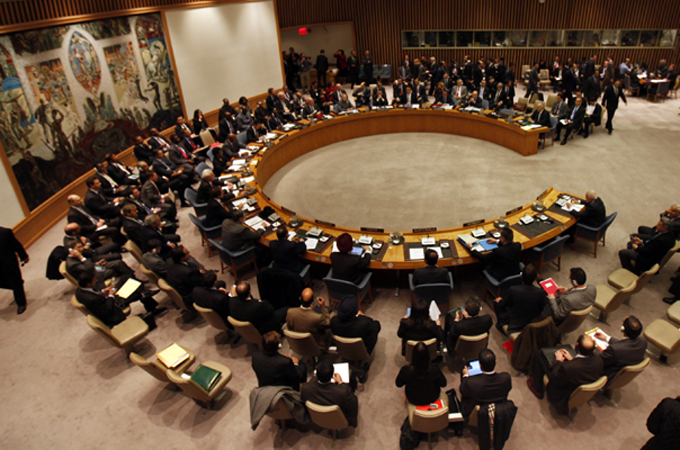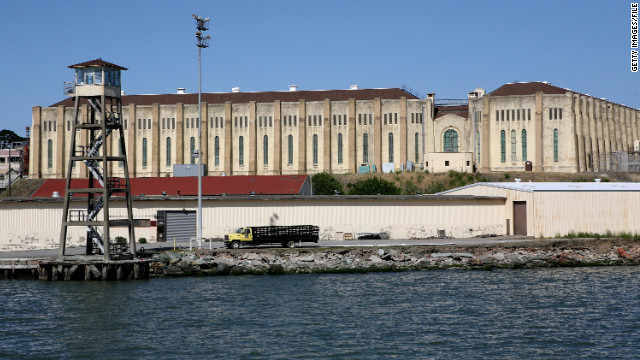By Tyler Yates
Impunity Watch Reporter, Middle East
DAMASCUS, Syria — Russia and China voted against a draft resolution that would have condemned a crackdown on anti-government protests in Syria and called on Bashar al-Assad, the Syrian president, to step aside.

The countries, two of the United Nations Security Council’s permanent members, have veto power over resolutions put before the Council.
A statement from the Russian ambassador to the United Nations said the resolution, “sent an unbalanced signal to the Syrian parties” by not condemning violence on the part of the armed opposition to the same degree that it did for the Syrian government.
Internationally, the vetoes received tremendous criticism. Qatar’s minister of state for foreign affairs said the vetoes sent “ a very bad signal to [President Bashar al-Assad] that there is a license to kill.” Other Western and Arab leaders echoed Qatar’s reaction.
Europe will strengthen sanctions imposed on Damascus in a bid to boost pressure on the regime, France said on Sunday. The United States has vowed to block funding and arms supplies to Syria.
“We will work to seek regional and national sanctions against Syria and strenghten the ones we have. They will be implemented to the fullest to dry up the sources of funding and the arms shipments that are keeping the regime’s war machine going,” US Secretary of State Hillary Clinton said on Sunday.
Despite these international efforts the opposition in Syria is now forced to attempt to stop the government crackdown by itself.
Colonel Riad al-Asaad, commander of the FSA, said that “there is no other road” except military action by his fighters to topple Assad.
Iran welcomed the vetoes from China and Russia, calling the sanctions “just.”
“The Security Council has become a tool for the West’s bullying … of other nations, and this time Russia and China stood up against it,” one of Iran’s top diplomat said.
The Syrian government also saw the vetoes as a victory, saying that the result should be an acceptance of the regime’s program for solving the evolving crisis.
The Tishreen, a state run newspaper, called the vetoes an incentive for Damascus to continue with its announced political reforms, which include drafting a new constitution, allowing the formation of new political parties, and holding parliamentary elections.
It further suggested that the international community support talks between the government and the opposition.
At the same time, it declared that the government would continue with its crackdown, saying it would “restore what the Syrians enjoyed for decades and what they are demanding today which is stability and security and confronting all forms of terrorism.”
For more information, please see:
Al Jazeera —Qatar says UN veteos sent “bad signal” — 05 Feb. 2012
Al Jazeera — Veto power at the UN Security Council — 05 Feb. 2012
Huffington Post — Russia, China Veto Of Syria UN Resolution Sparks Outrage — 05 Feb. 2012
NPR — Syria Veto “Outrageous” Says UN Envoy Susan Rice — 05 Feb. 2012
Reuters — Clinton calls UN Syria vote a “travesty” — o5 Feb. 2012




